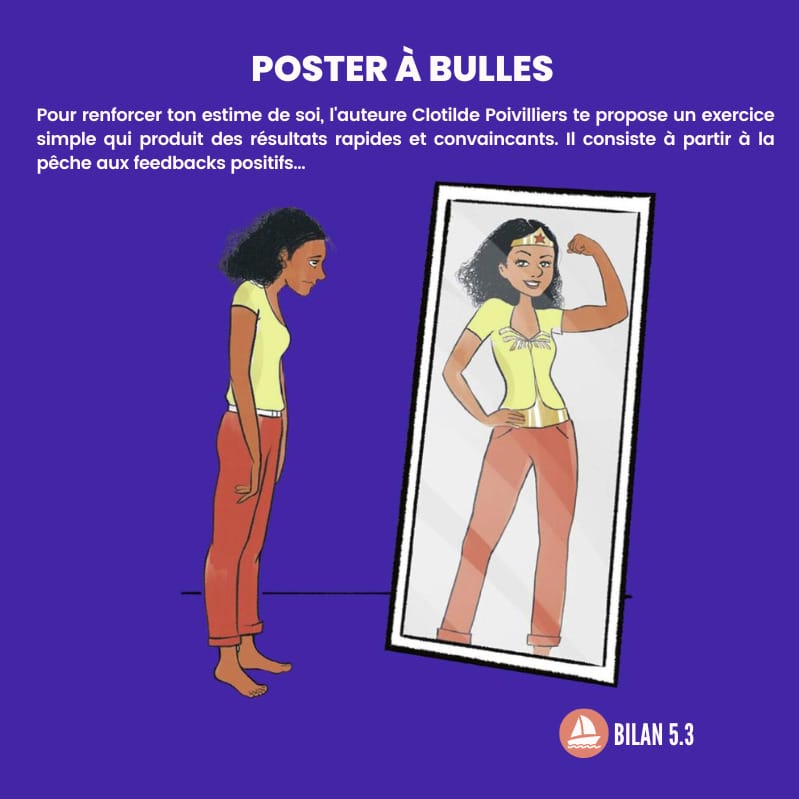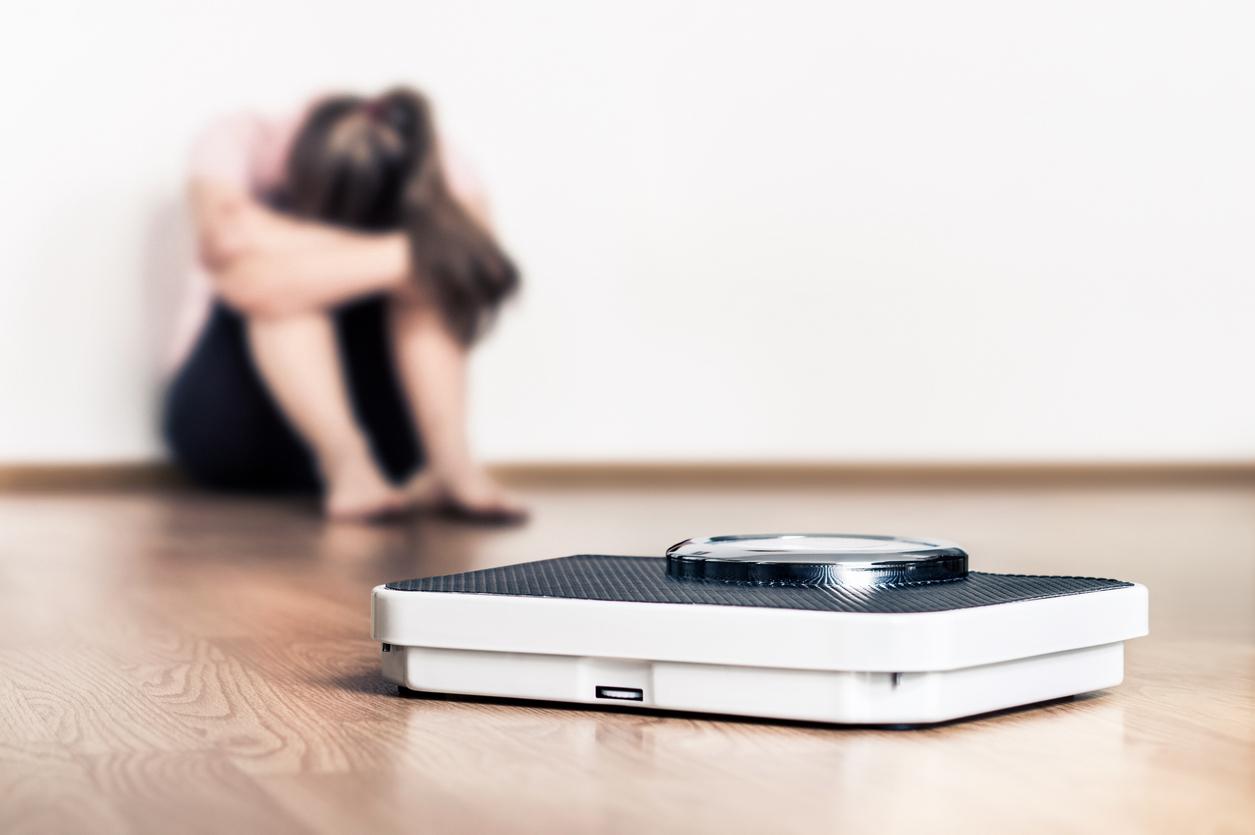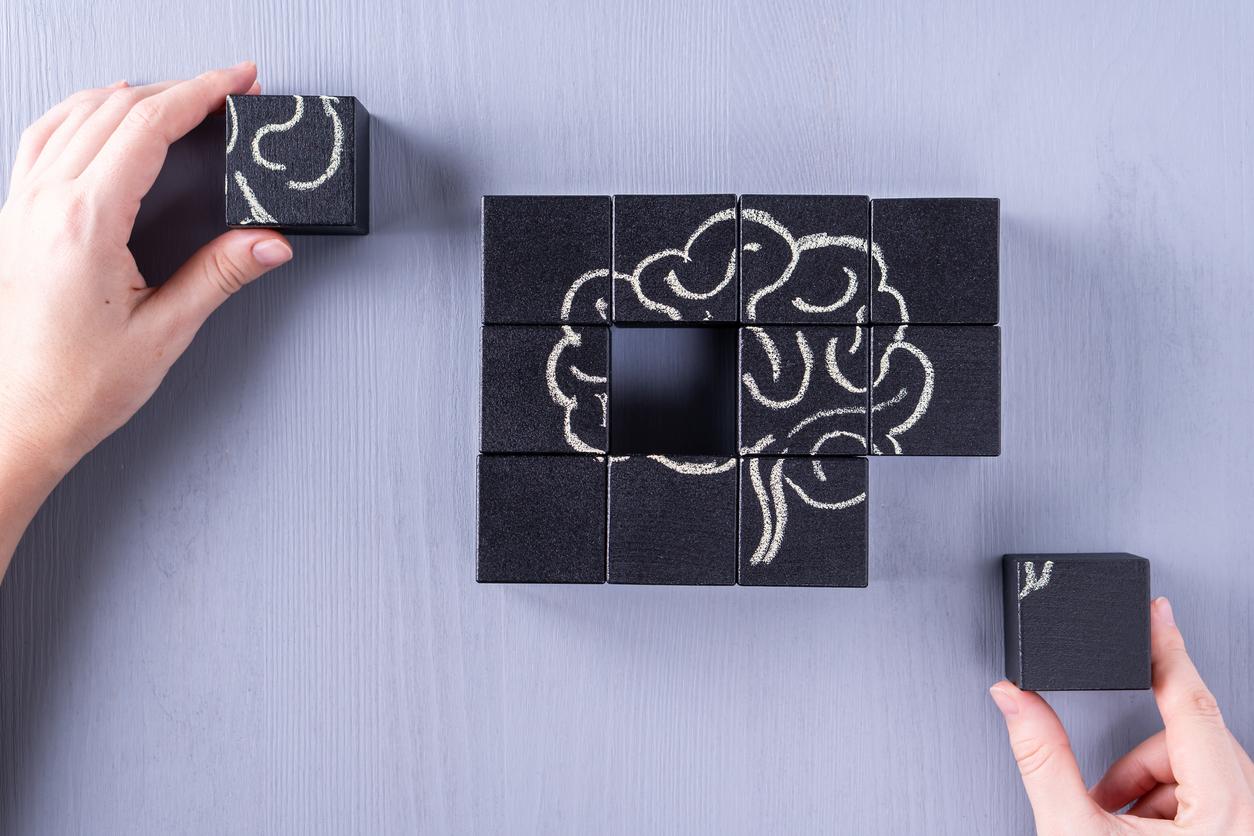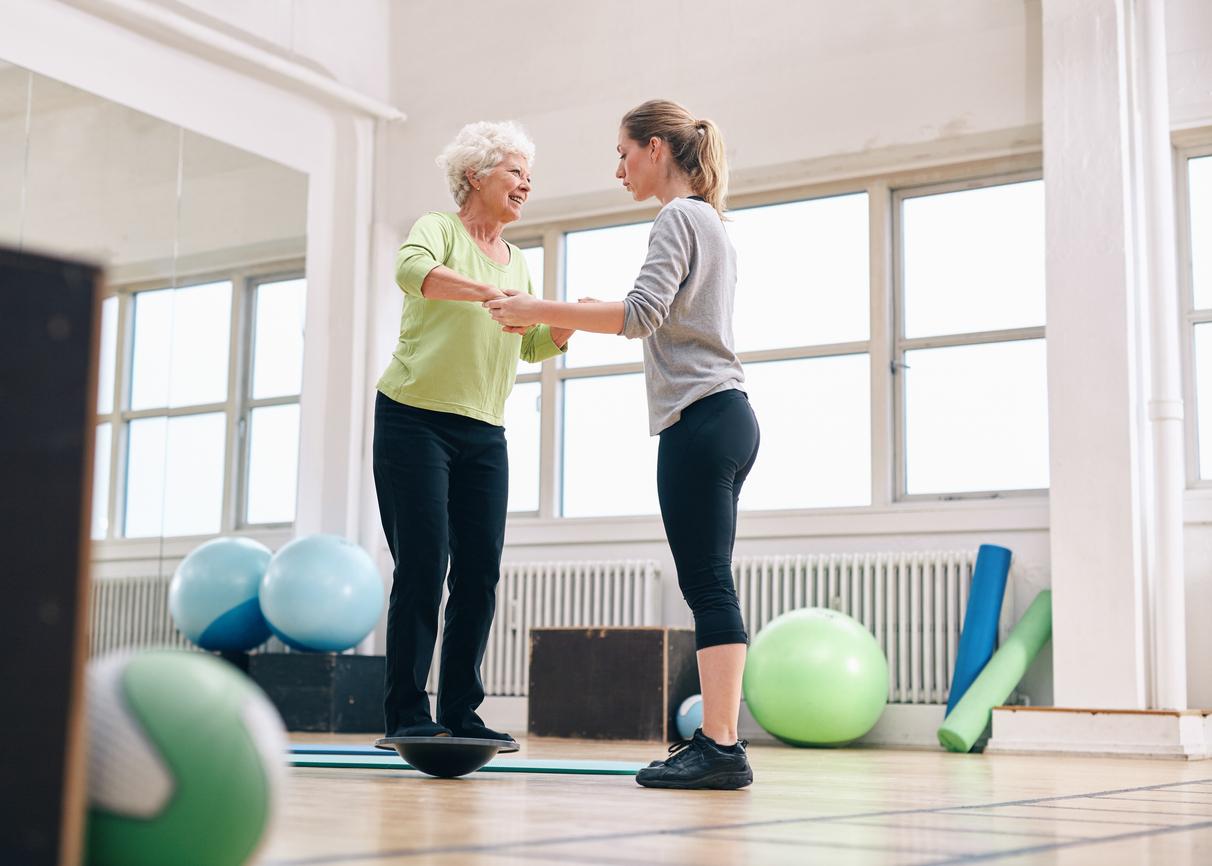As we age, all of our organs are degrading. Little by little, the capacity of cells to renew themselves decreases, with an impact on the tissues which disappear. It then becomes more difficult to build muscle, and the brain is no exception, resulting in neurodegeneration or loss of neurons and loss of cognitive functions.
In the case of pathologies or during normal aging, different changes take place in our brain:
- A thinning of the cortical areaor the superficial areas of the brain;
- A loss of gray matter, the neurons, and white matter, the nerve pathways;
- An increase in the volume of the ventricles;
- And an decrease in the number of neurons in different areas, including the hippocampus whose function is major for memory or orientation in space.
And according to thebaltimore study, which focused on a hundred volunteers and took place over several years, the metabolic capacity associated with aging is to be linked to the increase in the volume of the cerebral ventricle, a “hollow” space in the brain. Either an increased neurodegeneration at the level of our organ of thought.
Physical activity requires more mobilization on the part of neurons
This is not the first time that studies have demonstrated the benefits of sport on the brain. In 2011, a article published in the journal Proceedings of the National Academy indicated that sports activity increases the volume of the hippocampus, the area responsible for memory and orientation.
While training, the body is under moderate stress : the cells must indeed increase their energy expenditure. A device that requires the mobilization of nutrients, which must be moved to the muscles, including the brain. They then release substances – called myokines – which inform other organs that energy demand is increasing. Some of these myokines manage to reach the brain and increase the ability of neurons to make new connections.
This is how the benefits of physical exercise in everyday life and during aging can be explained. On one side, thephysical exercise increases blood flow and oxygenation – hence the positive effect on brain activity – and at the same time, it would provide anti-inflammatory effects that can affect the brain and thus reduce the progression of different forms of dementia, including Alzheimer’s disease.
Sources:
- Why exercise prevents the brain from shrinking, The ConversationMay 9, 2022
- Baltimore longitudinal study of aging
- Exercise traininig increases size of hippocampus and improves memory, Proceedings of the National Academy2011
Read also:
- To predict your longevity, perform these 6 exercises at home (super simple)
- Physical activity: are you doing enough?
- Anti-aging: 9 good reasons to practice physical activity
















